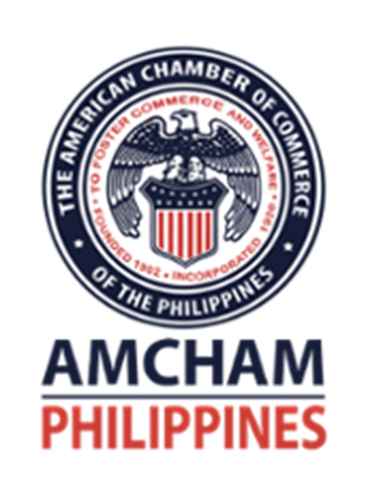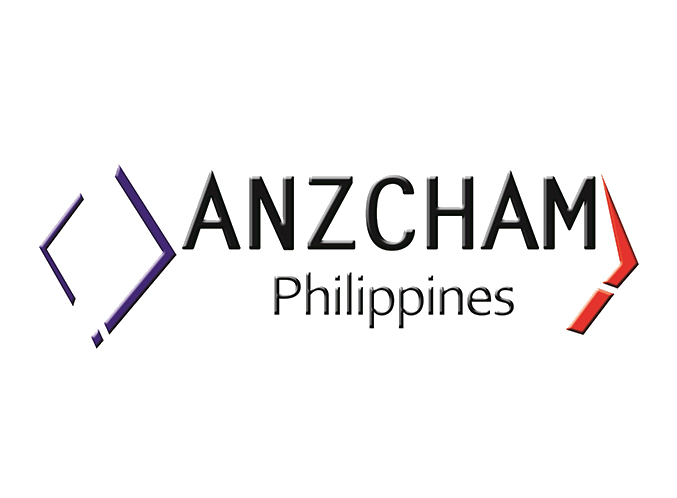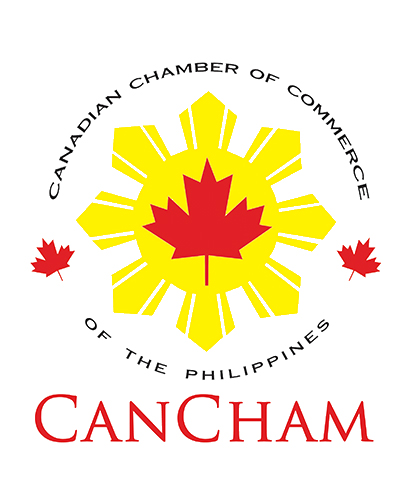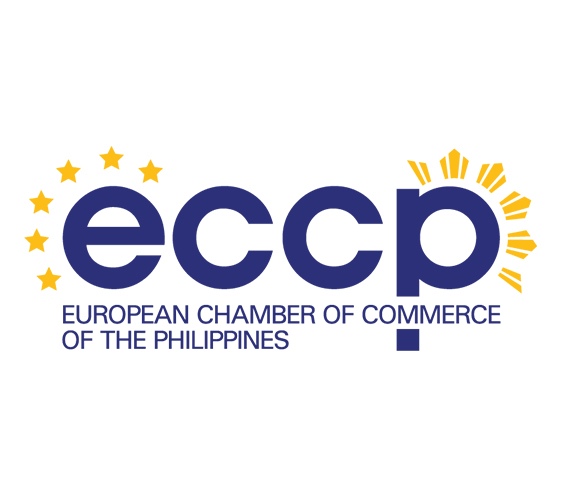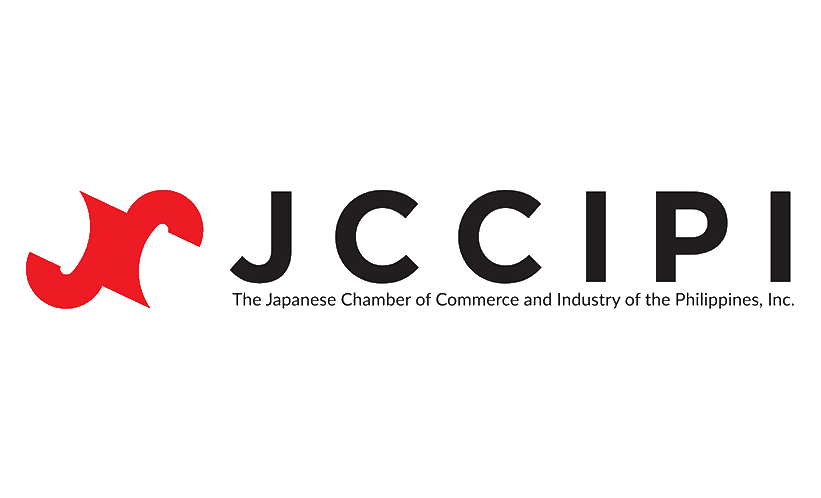Foreign business groups back e-receipts policy
February 16, 2017 at 11:02
Foreign business groups back e-receipts policy
FOREIGN business chambers have backed a government proposal for the mandatory use of electronic receipts (e-receipts) contained in the Finance department-backed comprehensive tax reform program.

— BW FILE PHOTO
Citing a 2014 JICA report that estimated the daily cost of traffic in Metro Manila at P2.4 billion, the business chambers said that “[w]hile we do not know how much of the traffic involves moving paper invoices and official receipts between business and their clients, we believe that encouraging the maximum use of digital technology is an important policy to ease traffic congestion.”
The JFC said that institutionalizing the use of e-invoices is “definitely a step in the right direction.”
“In this regard, we fully support the use of e-invoices and e-receipts,” the JFC said in its position paper.
However, the JFC proposed a clause in Section 20 of the tax package which states that the use of e-invoices and e-receipts be mandatory “within five years” after the enactment of the law with taxpayers no longer required to submit a traditional hard copy of their official receipts.
During the hearing, Finance Undersecretary Karl Kendrick T. Chua said that the Finance department supports the tax collection efficiency measures included in HB 4774, filed by House Ways and Means committee Chairman Rep. Dakila Carlo E. Cua.
“In principle we support many of the provisions — in particular we think that tightening the tax administration by mandating the use of fuel marking, relaxing the bank secrecy for fraud criminal cases, enhancing tax administration via e-receipts interconnectivity and data sharing will all enhance administration of tax revenues,” said Mr. Chua.
However, Mr. Chua said that the shift “will require also significant investments both in the BIR and the taxpayers to automate and to move to the mandated system interconnectivity and the issuance of e-receipts.”
On the proposal for electronic linkages between the BIR and businesses using cash-register machines and point-of-sale (POS) machines, Mr. Chua said that not all industries will benefit from the interconnection.
“Not all industries… will find the POS machine interconnection cost effective. This I think is more effective on the retail level… this is something that we need to study. BIR has already been trying to look into these issues,” said Mr. Chua.
Insertions to the comprehensive tax reform package pertaining to collection efficiency came after House leaders called for improved tax administration to pressure revenue-collecting agencies to modernize their methods.
BIR Commissioner Caesar R. Dulay, who was also present during the hearing, said that his agency backs the proposed data linkages to businesses and mandatory e-receipts, saying that the proposals “are very helpful in terms of revenue generation.”
Mr. Dulay said that the bureau has formed a technical working group “to address possible issues that may arise” once the measure is enacted.
Responding the question raised by Mr. Cua on the issues of corruption in the bureau, Mr. Dulay assured the Ways and Means committee that they are “slowly working” on the “bad eggs” in the agency.
“We will not deny that there are bad eggs, but we are slowly working on them,” said Mr. Dulay, adding that he has suggested to the “remaining bad eggs” in the agency to resign or opt for early retirement.
“I’m happy to share that… we have about 300 resignations and retirements already. Maybe it’s one way of addressing the issue of graft,” said Mr. Dulay.
He added although the bureau has not increased its collections it has not let up on collection efficiency, which traditionally goes down after an election year. — Raynan F. Javil








































